Aquaculture breeds - key factor for industrial marine farming
As a research unit in the field of aquaculture in the Central and Central Highlands regions, the Aquaculture Research Institute III (referred to as Institute III) is a pioneer in researching and transferring many advanced breeding technologies and farming techniques, contributing significantly to the realization of the National Marine Aquaculture Strategy.

In recent times, Institute III has made efforts in researching and producing artificial breeds for marine farming. Photo: Kim So.
Institute III has undergone an impressive period of scientific and technological activities and innovation from 2021 to present. The Institute's research not only meets practical production needs but also makes important contributions to the development of the aquaculture industry in the Central region and the whole country, especially in the context of Vietnam's determination to implement the Sustainable Marine Aquaculture Development Strategy according to Decision No. 1664/QD-TTg of the Prime Minister.
Associate Professor, Dr. Vo Van Nha, Director of Institute III, affirmed: "In the context of increasingly declining natural marine resources and the goal of bringing marine aquaculture to an output of 1.45 million tons by 2030, mastering seed production technology is a key factor, deciding the success or failure of the Marine Aquaculture Strategy."

Institute III has mastered the technology of producing sea urchin seeds. Photo: Engineer.
This is an urgent reality because the source of seafood seeds for marine aquaculture in our country still depends on natural exploitation or import, which carries risks of genetic quality, pathogens, instability, and high costs. High quality seeds, with the ability to grow quickly and have good disease resistance are the "key" to increasing productivity, reducing risks, and creating valuable export products.
Grasping this requirement, Institute III has promoted research and mastered seed production technology. In the period of 2021 - 2025, the Institute has presided over the implementation of 54 science and technology tasks at all levels, including 14 State-level tasks. Notably, the Institute's scientists have succeeded in researching artificial seed production technology for many aquatic species with high economic value to serve marine farming such as crabs, sea cucumbers, hybrid groupers, sea bass, king crabs, oysters, pearl oysters, scallops, coconut sea urchins, etc.

Institute III has successfully selected the G3 generation of sea bass. Photo: KS.
The Institute has also succeeded in selecting fast-growing, disease-resistant G9 generation white-leg shrimp and G3 generation sea bass. Dr. Nha said that these efforts have helped the Institute take the initiative in transferring and supporting seed production technology to businesses and localities in need, thereby contributing to diversifying farming objects and stabilizing the supply of seeds for production needs.
Perfecting the synchronous technology chain
Not stopping at breeds, Institute III also focuses on developing synchronous scientific and technological solutions to form a complete aquaculture value chain, moving towards the goal of modern and sustainable industrial marine farming.
In the field of marine farming technology, the Institute has successfully researched processes towards biosafety. Typical examples include mastering the recirculating aquaculture system (RAS) in lobster and snail farming or developing lobster farming technology using 2-layer cages to optimize area and control the farming environment.

Institute III has mastered the technology of producing sand sea cucumber seeds. Photo: KS.
In addition, research on animal nutrition and health is also prioritized. The Institute has researched nutritional composition and successfully produced industrial feed for many farming species, including feed for snails from Vietnamese ingredients and specialized feed for lobsters in the RAS system.
In particular, in order to address the biggest concern of farmers, which is the problem of epidemics, the Institute has successfully developed a process to control milk disease in cage-raised lobsters, researched the creation of IgY antibodies to prevent and treat acute hepatopancreatic disease in brackish water shrimp, and successfully produced an inactivated vaccine to prevent disease caused by Streptococcus iniae bacteria in sea bass, opening up a direction for proactive and sustainable prevention.

In recent times, Institute III has made an important contribution to promoting marine aquaculture development in the South Central region. Photo: KS.
The Institute also regularly conducts periodic environmental monitoring and warnings in key farming areas in the Central and Central Highlands regions, providing information and timely solutions to minimize damage to people.
Transfer and international integration
The research results were quickly transferred and applied to practice by Institute III, creating a positive impact on a large scale. In the period 2021 - 2025, the Institute was recognized for 1 patent, 2 useful solutions and 14 technical advances, typically the process of commercial sea bass farming and the process of controlling milk disease in lobsters.
Domestic and international cooperation is considered a lever for technology transfer. Institute III has closely cooperated with institutes, universities and many large enterprises to transfer and support technology for breeding hybrid groupers, snails, sea crabs, sea urchins and apply processes for raising lobsters, snails, and molting crabs to 13 domestic enterprises and units.

Hybrid grouper (Pearl grouper) is popular with farmers and is widely raised. Photo: KS.
In particular, the Institute has implemented 6 international cooperation projects with Australian universities such as Sunshine Coast and James Cook, focusing on research strengths such as lobster farming technology, hybrid grouper, pearl oyster. This not only helps to improve research capacity but also brings international standards to the Vietnamese seafood industry.
The research quality of Institute III is affirmed through the publication of 22 articles in prestigious international journals, the publication of 2 books, 1 collection of scientific and technological research works (2014 - 2024) of the Institute and 74 articles in prestigious domestic journals in the period 2021 - 2025, contributing to affirming the position of the Institute in the regional and global fisheries industry.
Source: https://nongnghiepmoitruong.vn/dot-pha-cong-nghe-giong-thuc-day-chien-luoc-nuoi-bien-d783608.html


![[Photo] Prime Minister Pham Minh Chinh receives Lao Minister of Labor and Welfare Phosay Sayasone](https://vphoto.vietnam.vn/thumb/1200x675/vietnam/resource/IMAGE/2025/11/11/1762872028311_dsc-2246-jpg.webp)







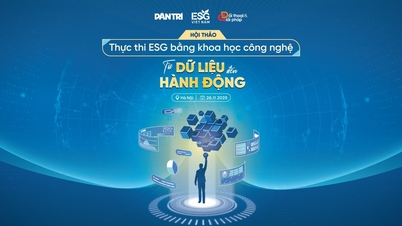



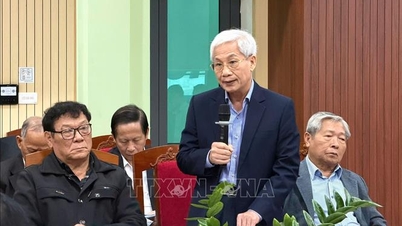

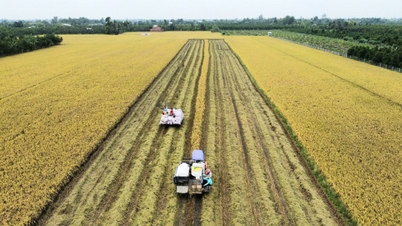





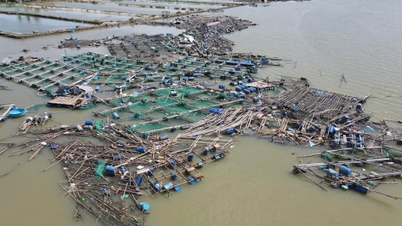
![Dong Nai OCOP transformation: [Article 4] Reaching national standard products](https://vphoto.vietnam.vn/thumb/402x226/vietnam/resource/IMAGE/2025/11/11/1762825820379_4702-cac-san-pham-trai-cay-chung-nhan-ocop-nongnghiep-174649.jpeg)









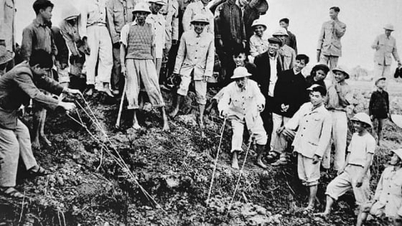








































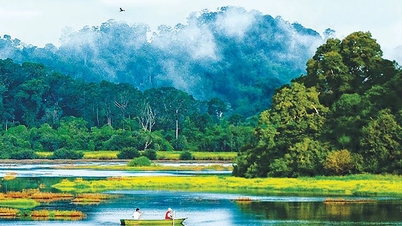
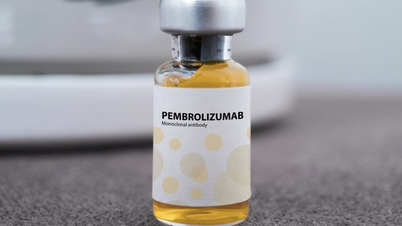
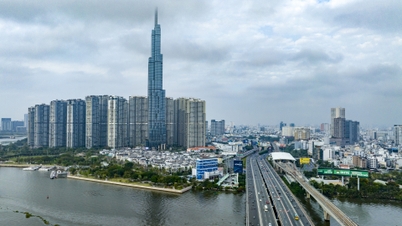
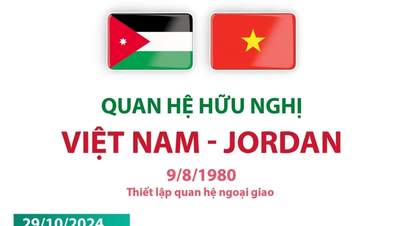








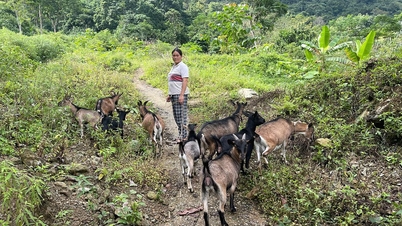




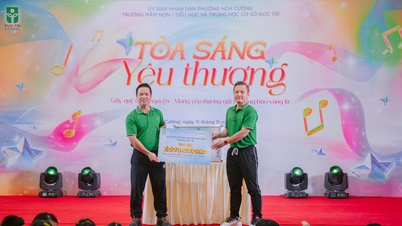



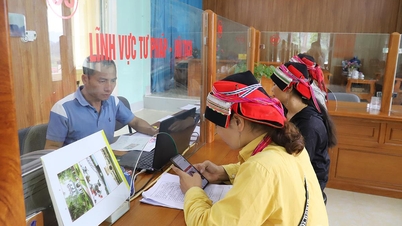



![Dong Nai OCOP transition: [Article 3] Linking tourism with OCOP product consumption](https://vphoto.vietnam.vn/thumb/402x226/vietnam/resource/IMAGE/2025/11/10/1762739199309_1324-2740-7_n-162543_981.jpeg)



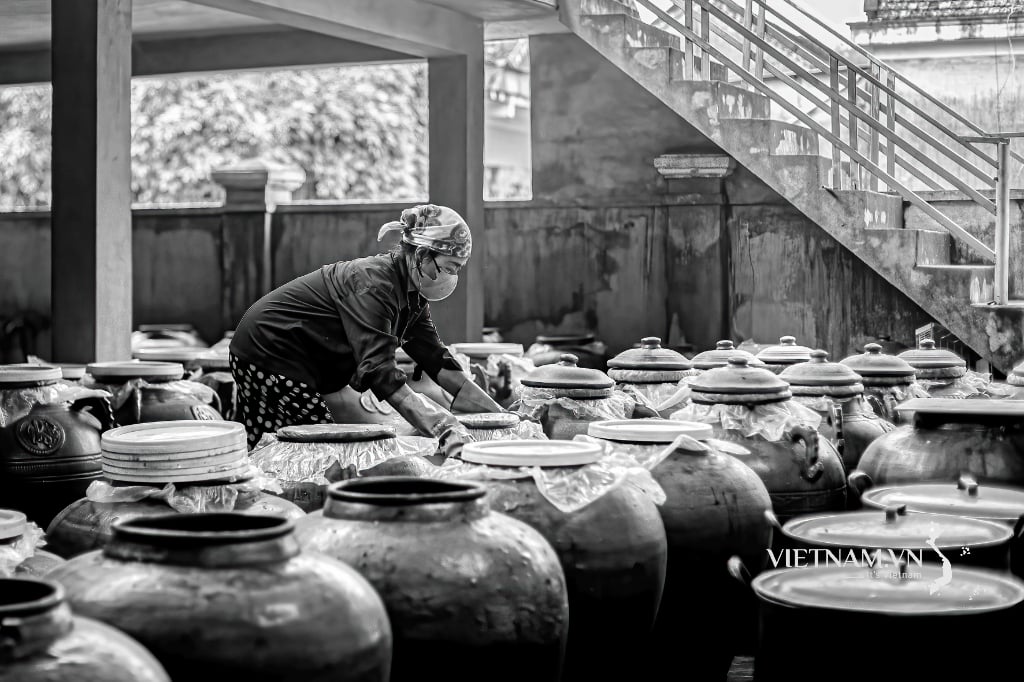



Comment (0)